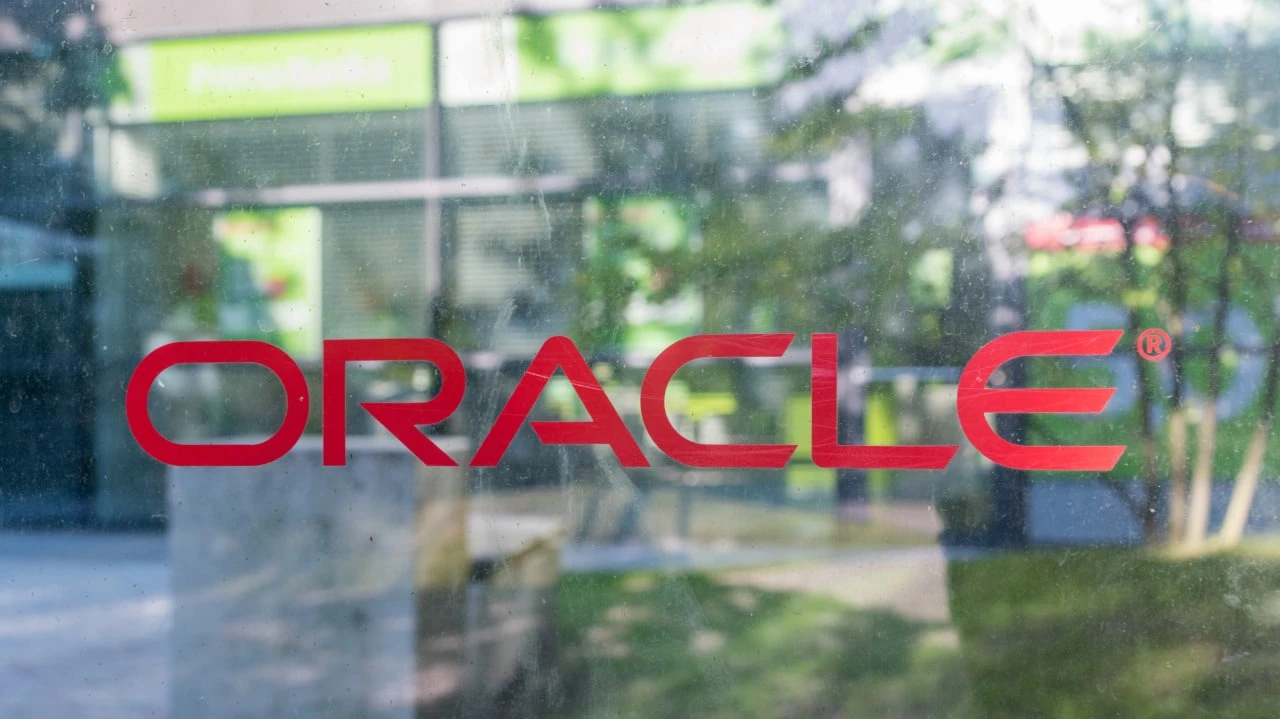Oracle to borrow $15 billion in the market amid rising costs - Bloomberg. Shares fell

Oracle is planning a large-scale borrowing - the company plans to raise $15 billion by placing corporate bonds, Bloomberg wrote, citing sources. The money may be used to finance cloud projects and other expenses related to large cloud contracts with OpenAI and Meta. Oracle shares fell nearly 3% amid rising debt and - for the first time since 1992 - negative cash flow.
Details
Software maker Oracle intends to borrow $15 billion on the corporate bond market to finance its spending growth amid the artificial intelligence boom, sources told Bloomberg. Shares of the company at the opening of trading on Wednesday, September 24, fell by 2.8%.
The company, which almost doubled its capitalization this year, will place the debt in seven tranches, including a rare 40-year issue. The benchmark yield is about 1.65 p.p. higher than that of U.S. Treasury bonds with similar maturities, the agency's interlocutors said.
Oracle did not comment in response to Bloomberg's request for comment.
What is Oracle borrowing money for?
The bond offering comes after revelations about Oracle's cloud infrastructure contracts with customers such as OpenAI and Meta, which will dramatically increase its costs. It plans to invest hundreds of billions of dollars in leasing and powering data centers in the coming years, Bloomberg notes.
Oracle has lagged behind the top three cloud infrastructure market leaders - Amazon, Microsoft and Google - for years. Now, with major agreements in place, it faces significant upfront costs. In 2025, its cash flow became negative for the first time since 1992. Analysts predict a further decline in the coming years, with a return to plus only by 2029, Bloomberg points out.
Oracle will be able to use the $15 billion raised from the bond offering for capital expenditures, future investments or potential acquisitions, and general corporate purposes, including debt repayment, the agency said.
According to the company's statements, it had about $95 billion in long-term liabilities at the end of August. The new bond issue may increase its debt load relative to earnings, but it will still be able to maintain investment-grade ratings, according to Bloomberg Intelligence analysts Robert Schiffman and Alex Reed.
Oracle's previous borrowing in January - for about $8 billion - caused a frenzy of demand: investors submitted bids for $35 billion. Analysts expect that the current offering will also enjoy high popularity, the agency notes.
This article was AI-translated and verified by a human editor
